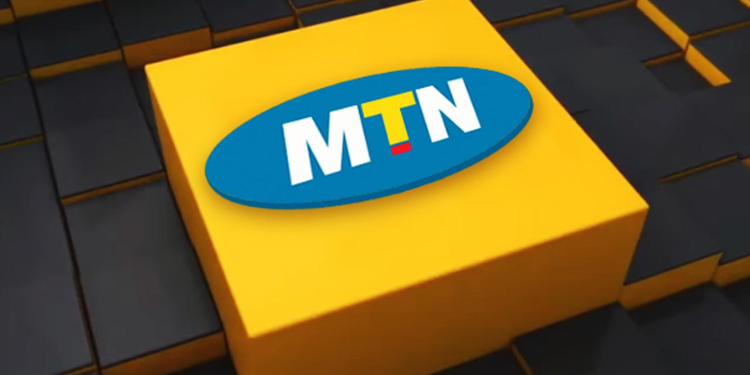MTN Nigeria wants to connect 8 million homes to its FibreX network by 2028. This is a massive 160-fold increase from its current 50,000 users.
MTN already dominates this space after doubling its subscriber base between May and July 2025, growing from 14,424 to 29,314 users in just two months.
FibreX Launch Drives MTN’s Fibre Expansion Strategy
MTN launched FibreX in April 2025 as an upgraded version of its original fibre broadband service. The service targets households, businesses, and small-to-medium enterprises across Nigeria with high-speed internet access.
MTN’s current fibre infrastructure spans 19,000 kilometres across Nigeria. The company invested ₦900 billion ($562 million) in 2025 alone to expand its network capacity and coverage.
Infrastructure Partnerships Enable Rapid Network Growth
MTN plans to achieve this target through strategic partnerships with infrastructure providers, state governments, and local contractors. This approach helps the company scale quickly while managing costs.
The telecom operator faces several challenges during rollout. Network vandalism remains a persistent problem across Nigeria. Right-of-way constraints and damages from road construction also slow fibre deployment.
MTN praised the Nigerian Communications Commission (NCC) for designating telecom infrastructure as national assets. This classification provides better legal protection and facilitates supportive policies for network expansion.
Market Demand Supports Aggressive Growth Targets
Nigeria’s growing population and urbanization drive increasing demand for reliable internet access. The shift toward remote work and data-heavy services creates additional pressure for low-latency connectivity.
MTN’s data traffic in Nigeria grew 41.2% year-over-year, with active data users increasing 11.8% to 51 million subscribers. About 60% of MTN’s total subscriber base now uses data services regularly.
The company raised capital expenditure 159% year-over-year in Q1 2025, spending ₦202.4 billion on network improvements. This heavy investment demonstrates MTN’s commitment to capturing Nigeria’s broadband growth opportunity.
Government Support Accelerates Digital Infrastructure Development
The federal government’s broadband initiatives provide strong policy support for MTN’s expansion plans. Nigeria’s Digital Economy Policy plans to transform the country into a leading digital economy by 2030.
The National Broadband Plan targets 70% broadband penetration by 2025. Current penetration rates remain below 50%, creating significant room for growth in the fibre broadband segment.
Government designation of telecom infrastructure as national assets helps protect network investments. This policy reduces vandalism risks and speeds up permitting processes for new fibre installations.
Technical Challenges Could Impact Deployment Timeline
MTN must overcome several technical hurdles to reach 8 million homes by 2028. Power supply issues affect network reliability across Nigeria. Many areas lack consistent electricity to support fibre equipment.
Right-of-way access remains complicated in densely populated urban areas. Securing permits and navigating existing infrastructure requires coordination with multiple government agencies.
Network vandalism costs Nigerian telecom operators millions of dollars annually. MTN plans to integrate fibre infrastructure into new housing developments to reduce exposure to this risk.
Investment Requirements Support Long-term Growth Strategy
Connecting 8 million homes requires massive capital investment over the next four years. MTN’s 2025 infrastructure spending of ₦900 billion provides a baseline for future investment needs.
The company may need additional partnerships or financing to fund this expansion. Infrastructure sharing agreements with other operators could reduce deployment costs while accelerating rollout timelines.
MTN’s hybrid approach combines fibre-to-the-home installations with fixed wireless access solutions. This strategy helps the company serve areas where fibre deployment proves challenging or expensive.
The 8 million home target represents MTN’s confidence in Nigeria’s digital transformation potential. Success could position the company as the dominant broadband provider across Africa’s largest economy.
















